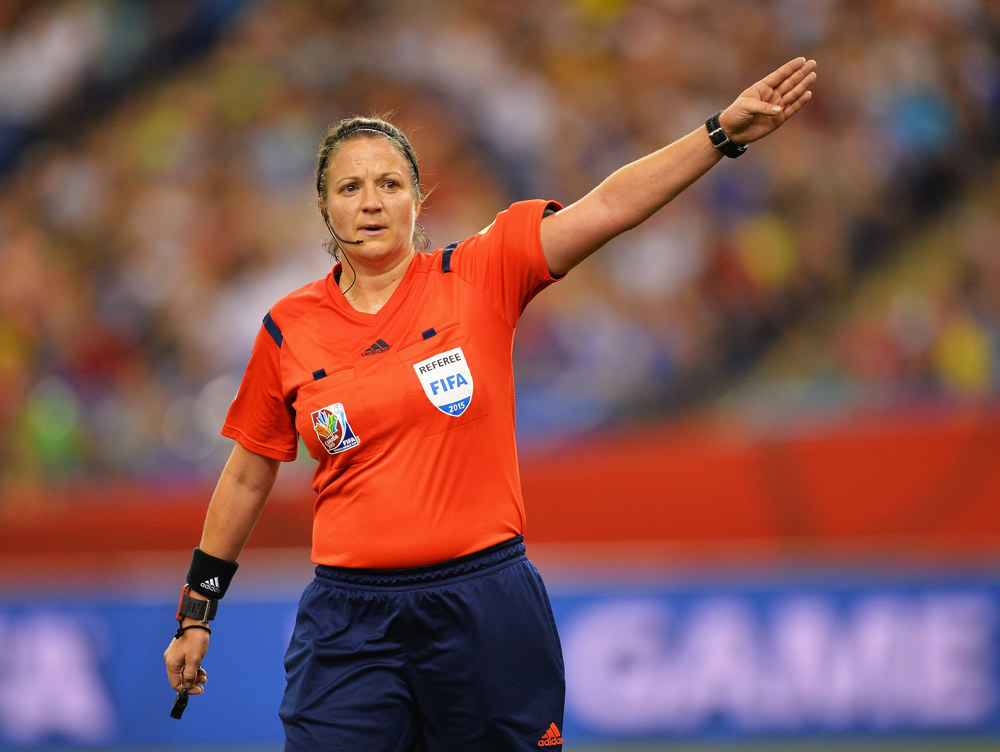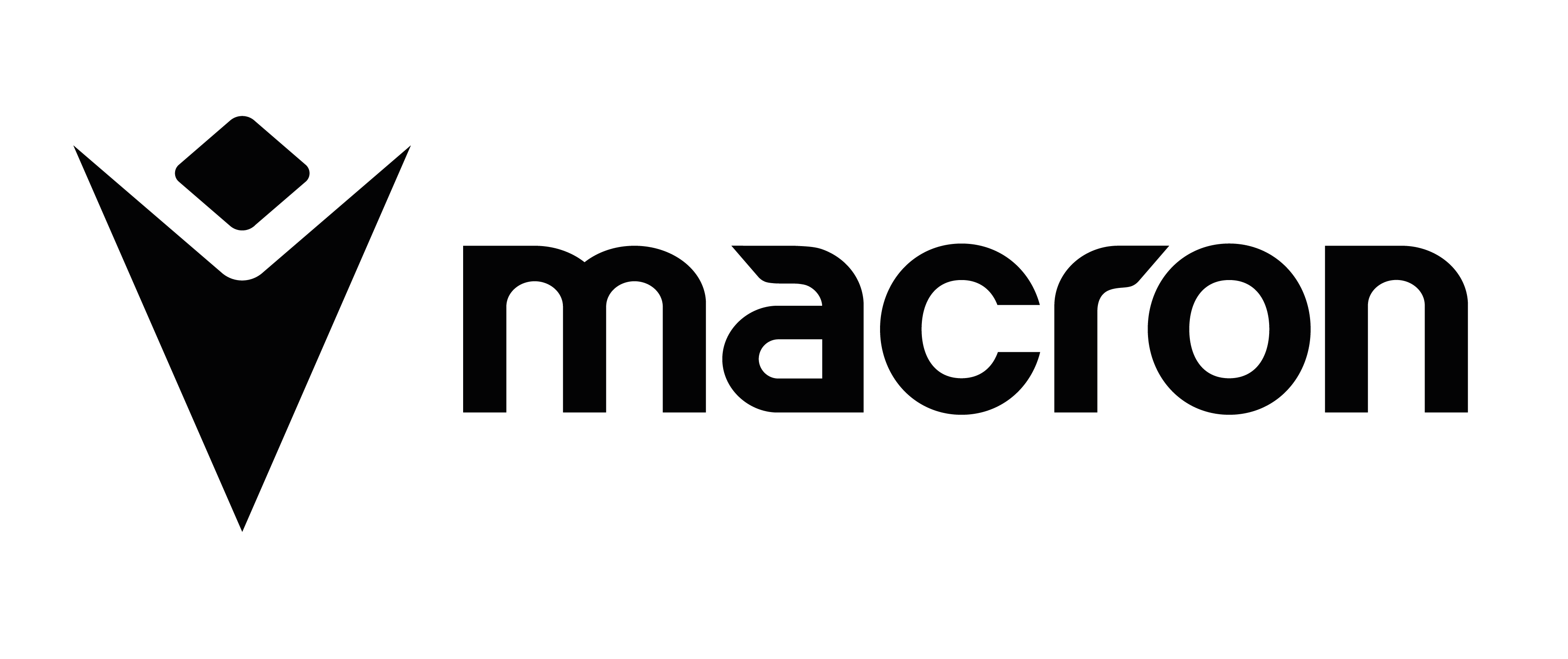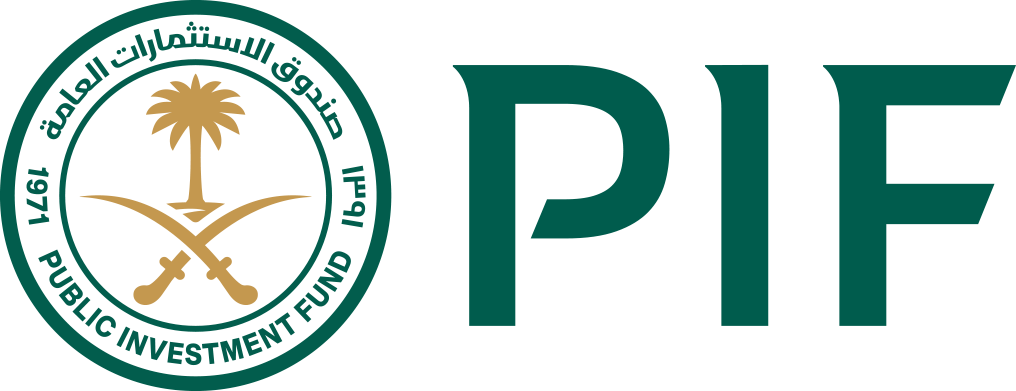OTTAWA, Canada – Carol Anne Chenard is one of the more notable referees in Concacaf. At age 42, through perseverance and dedication, she has conquered many dreams in her career on the field, including officiating the FIFA Women’s World Cup (2011), London Olympics (2012), and two Under-20 FIFA Women’s World Cup finals (2010, 2014).
Last summer, Chenard was in line to referee her third Women’s World Cup in France when she received the news that she had been diagnosed with breast cancer.
“It’s important to recognize that one out every eight women gets diagnosed with breast cancer. When I received my diagnosis, it was a scary, trying time, but then immediately I approach it with the mindset that once I had a path with which to move forward, I felt more in control,” said Chenard.
According to the World Health Organization (WHO), breast cancer is the most common cancer in women worldwide, affecting over 2 million women each year. Awareness programs are key to help in early detection and improve breast cancer outcomes and survival.
Through football, Chenard’s intent is to increase awareness about the importance of taking thesteps to detect breast cancer early.
“I think the message is that nobody is immune, so it’s important for us to take charge of our health. Chemo hasn’t been easy, but being fit has helped,” said the referee. “October is Breast Cancer Awareness Month so through football it is important to tell people that. By raising awareness at games and by being public, you can reach so many more people and tell the stories of players like Toni Pressley of Orlando Pride. She was diagnosed with breast cancer and came back to play. It’s important that those stories are told and football can raise that awareness for breast cancer.”
The American Cancer Society (ACS) recommends exercise and a maintaining a balanced diet to prevent and reduce the risks of breast cancer. Research has shown that poor diet and not being active are two key factors that can increase a person’s cancer risk.
Even with surgery scheduled this month, Chenard has been working steadfastly and eating properly with the objective of returning to the field next year.
“My goal is to get healthy and be back on the field in 2020. There are a lot of tournaments in 2020 and I would love to referee in one of those international events. I want to show that it is possible. I’m training right now, it will be hard, it’s painful. I’m taking it slowly but I’m starting to build back and would love to return to the field soon,” said Chenard.
Making History
There have been many historic achievements and memorable moments in the career of Chenard, who believes that refereeing is a great opportunity to share the stage with the best players in the world. She has seen the women’s game grow since the first time she officiated in the 2011 World Cup in Germany, including refereeing the Women’s Olympic Final in 2016, officiating a match in front of 72,000 fans in London’s historic Wembley Stadium and serving as a referee in both the 2011 and 2015 FIFA Women’s World Cups.
“Women’s football just keeps getting bigger. You see more support for women’s soccer from FIFA, from federations and from the fans. There are now more teams around the world and that leads to more development and also more opportunities for women’s referees. More than ever young girls have the opportunity to watch women’s soccer and be inspired,” said Chenard.
Chenard also points to Concacaf’s trailblazing efforts in providing opportunities for women’s referees in competitions like the Scotiabank Concacaf League and Concacaf Nations League.
“At the end of the day, we’re all refs. The Laws of the Game are the same in men’s and women’s football. We have joint seminars and referees learn from each other. The more points of view, the more your toolkit grows. I think players and coaches just want the best referees whether it’s a man or woman,” said Chenard.
Last May, Chenard broke new ground when she led the first-ever all-women’s team of referees in a Canadian Premier League match between Forge FC and Cavalry FC.
The feeling of walking onto the field that day is one she will never forget.
“It was really exciting. It speaks volumes for how far women’s referees have come and it speaks to the development of referees in the Concacaf region. It’s really great how women get the opportunity to referee at the highest level. The higher the quality of competition, the more a referee, man or woman, improves,” said Chenard.
Yet what she cherishes most is not necessarily those individual accolades, but rather the significance of those achievements.
“All of those tournaments and matches have been great experiences for me, but what I am most proud about is my longevity in the game. I have lasted and stayed at the top and I am proud to have had the honor to work at those main competitions,” concluded Chenard.





































